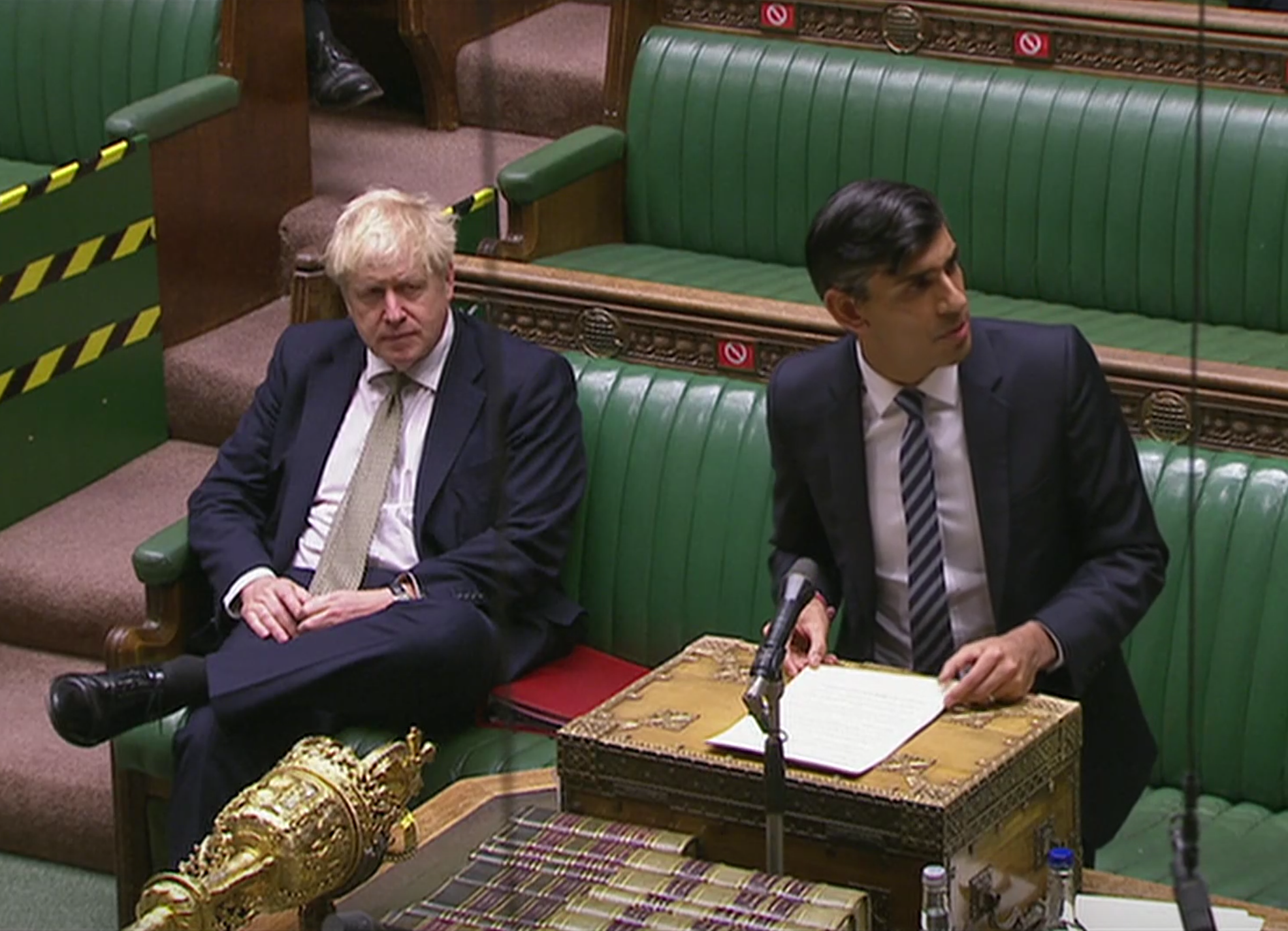Britain’s democratic fabric is being eroded by Boris Johnson’s government


The saying goes that if a frog is put into a pan of water and the heat is gradually raised, it will never react to the rising threat and die as a result.
This fable will likely resonate with those observing the state of democracy in the UK today.
Faced with serious challenges, not least the Coronavirus pandemic and Brexit, the UK government has responded in ways that risk damaging democracy. And the speed and scope with which Boris Johnson’s government has tried to override democratic checks on executive power is alarming.
Take the UK government’s suspension of parliament last autumn, designed to prevent proper scrutiny of its plans for Brexit. The government-backed down only after the Supreme Court ruled the move unlawful.
The government’s interference with parliament hasn’t stopped there. It has tried to game appointments to parliamentary committees that scrutinise its policies, and even engineer its preferred candidate to lead the Liaison Committee, the only committee that can summon and question the prime minister.
The government’s disdain for parliament is also evident in its handling of the pandemic. The government has used decrees and fast-track laws in ways that cut parliament out of the law-making process and make it harder for MPs to scrutinise how the laws that affect our lives are being used.
The ways in which the UK government has undermined the country’s independent legal system is long and growing. It wants to water down the power of British courts to review government decisions. Both the prime minister and home secretary have pilloried the legal profession, dismissing human rights lawyers as “activists”, “lefties” and “do-gooders” merely for doing their jobs, and last year’s Supreme Court ruling against the closure of parliament prompted some Conservative MPs to call for its abolition or describe the ruling as a judicial coup. Lawyers have warned that such high-profile public criticism of their role puts both them and their staff at risk.
The government has made no secret of its disdain for the Human Rights Act – a key tool for protecting people against government overreach. Even if its efforts to water down the Act meet the same failure as earlier attempts, the exercise encourages the public to see human rights as a threat to their safety instead of something that protects them.
The government is pushing through a law that would create de facto immunity for torture and war crimes committed by British troops overseas. On Brexit, the UK argues it is entitled to break the international agreement it signed only nine months ago with the European Union to avoid a harder border in Northern Ireland, a move that could put at risk peace in Northern Ireland as well damaging the UK’s international reputation. What ties all these moves together is a desire by the government to be free to act no matter the cost to the rights of ordinary people.
Meanwhile, the undermining of media freedom has been subtle yet significant. The prime minister’s office tried to restrict certain media outlets’ access to Number 10 press briefings, a move that was thankfully scuppered when the remaining Westminster press pack refused to play along. Government social media accounts have also been used to criticise journalists and news stories in ways that risk undermining public confidence in the media, for example in reporting on Covid-19 restrictions imposed by the government. All of this makes it harder for journalists to perform their vital role of scrutinising the government and informing the wider public about it.
How does all this matter? After all, voters can vote out the current government at the next election if they disagree with its approach.
It matters because we know from elsewhere in Europe that democratic institutions are fragile and that elected governments willing to subvert them can do lasting damage to the democratic fabric of a country as well as to its citizen’s human rights.
It matters because the UK has one of the highest Covid-19 death tolls in Europe, and weakening parliamentary scrutiny makes it harder to force the government to change course and act to avert further deaths.
It matters because weakening the democratic fabric at home undermines the UK’s important efforts to support and promote human rights, independent courts, and democracy overseas.
And it matters because protecting our human rights should not depend on the whim of the government.
Seen in isolation, some of these threats to our democratic fabric may not appear too urgent. For that reason, we may shrug our shoulders each time we encounter one of them. Yet, like the frog in the rising heat, we ignore their accumulation at our peril.
Benjamin Ward is deputy director of the Europe and Central Asia Division at Human Rights Watch
Join our commenting forum
Join thought-provoking conversations, follow other Independent readers and see their replies
Comments




Bookmark popover
Removed from bookmarks